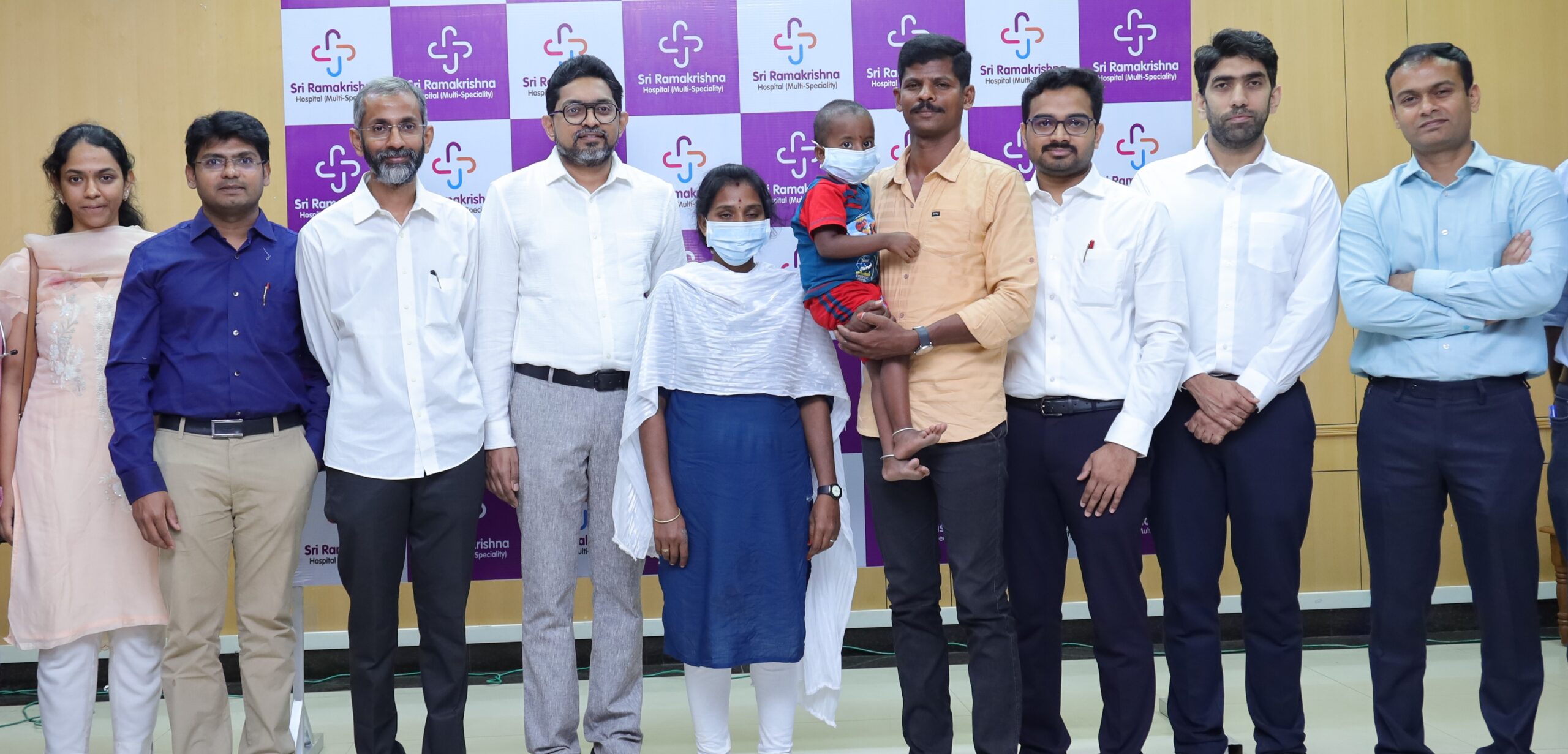Trending Now
- 830 voters names go missing in Kavundampalayam constituency
- If BJP comes to power we shall consider bringing back electoral bonds: Nirmala Sitaraman
- Monitoring at check posts between Kerala and TN intensified as bird flu gets virulent in Kerala
Coimbatore
Coimbatore, Tirupur now dengue hot-spots; 600 cases in 8 months
![]() September 19, 2016
September 19, 2016
With nearly 600 dengue admissions in Coimbatore Medical College and Hospital in the last eight months, Coimbatore and Tirupur are now turning dengue hot-spots. This, while the Capital is struggling to contain the spread of the vector borne diseases, dengue and chickungunya.
Dengue has seen a steep rise this year as compared to the last with cases nearing 600 until August, the recent being the admission of a 24-year-old from Avinashi at CMCH. “She has been tested positive for dengue, and is currently undergoing treatment at the hospital.” Dr. Edwin Joe, Dean of CMCH, further said that the woman was brought to the hospital in time and is out of danger.
Kalaivani (name changed) is one of the 240 cases of dengue reported in Coimbatore this year. 596 cases of dengue has been diagnosed in the first eight months of 2016. Of this, 270 were from Tirupur. What is alarming is the fact that the numbers were less than half last year. Despite all the efforts made by the Coimbatore City Municipal Corporation (CCMC) to contain the spread, the disease, the number of dengue cases have almost doubled.
Speaking to the Covai Post, Dr. K. Santhosh Kumar, City Health Officer, said, “The public must cooperate with the CCMC officials and help keep dengue under control. As soon as a case of dengue is reported, we do a thorough check and destroy the mosquito breeding spots in and around that area. This year, more cases of dengue have been reported. This has kept our officers constantly on their toes.”
Awareness alone is not enough. Dr. Santosh Kumar said that the public must take necessary action and work hand-in-hand with the Corporation officials to prevent dengue. For example, residents must ensure that the overhead water tank is covered. Inside homes, stored water must be covered too.
“Residents must cooperate when CCMC officials come to inspect their homes and check the area for mosquito breeding spots. Mosquitoes prefer to breed in areas of stagnant water, such as flower vases, uncovered barrels, buckets, and discarded tyres. But, the most dangerous areas are wet shower floors and toilet tanks, ” he added.























